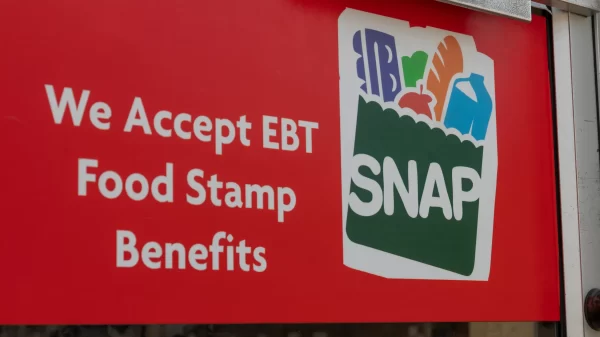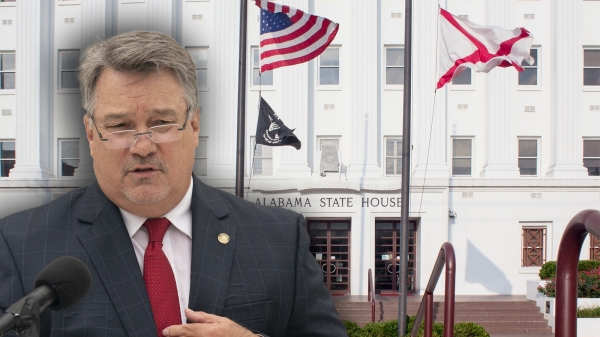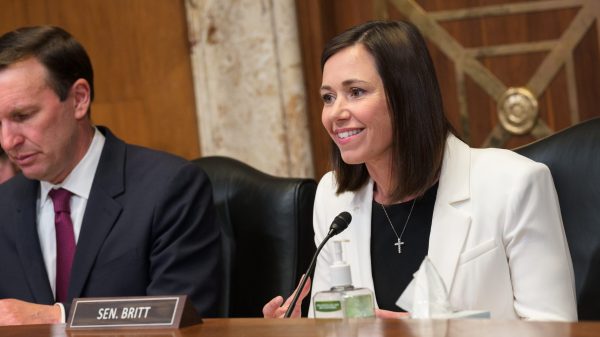By Brandon Moseley
Alabama Political Reporter
Wednesday, March 15, 2017 Alabama Senator Luther Strange (R) announced that he is co-sponsoring repealing the Death Tax.
The Death Tax Repeal Act of 2017 would permanently repeal the Federal estate tax, more commonly known as the death tax. The bill is sponsored by Senator John Thune (R-South Dakota) would also repeal the generation-skipping transfer tax. Both provisions of the bill would provide much-needed relief to farm families across Alabama, who currently endure disproportionate taxation on the value of the inherited land when it passes from one generation to the next.
Sen. Strange said, “When Alabama’s growers and producers are successful, our entire state’s economy can thrive. For too long, farms across the state have dealt with the undue burden of the death tax, often struggling to keep their land in the family. By repealing the tax, we will unleash the full potential of multigenerational family businesses. I am proud to join over thirty of my Senate colleagues as we work to push this commonsense bill across the finish line.”
Senator Thune wrote, “Anyone who has run a farm or ranch knows that land alone doesn’t pay the bills. The land represents an opportunity to earn a living, put food on the table, send kids to school, and keep the operation running from one day to the next. Without it, the farm doesn’t exist. The IRS takes the opposite approach. It only sees lines on a balance sheet. The IRS lumps land value with other assets, like cash in bank accounts and the owner’s home. In too many cases, the land and other assets can put the farm owner and his or her family directly in the crosshairs of death tax.”
Sen. Thune added, “Abolishing the death tax would give Americans greater peace of mind so they can focus on what really matters, and that’s why I’m committed to this fight. According to the American Farm Bureau, thousands of farms in South Dakota would exceed the death tax’s exemption level today, just based on the value of their land. My primary interest in taking up this cause has always been to protect those farmers and ranchers and to put this onerous tax six feet under once and for all.”
Under federal law, the tax, which is levied at a 40 percent rate, presently applies only to estates worth more than $5.45 million for individuals and $10.9 million for couples. Estates worth less than that may be passed on to heirs tax-free. As farm work has become more mechanized farms have grown larger in order to stay commercially viable. A tillage tractor alone can be a $400,000 asset counting against the estate. A modest 1,200 acre farm with three or four large tractors, a couple of combines, tillage equipment, spray rigs, irrigation equipment, a home, barns, green houses and employees residences in a zip code where property values are rising due to land speculation and development can easily generate a multi-millions estate even if the farm does not generate a six digit income. If the farm family has to borrow $millions to pay the estate taxes, they are unlikely to be able to continue operating with all of that debt and selling off the assets to pay the debt severely cripples the viability of the farm or business. A simple businessman with four income generating McDonalds franchises can have a ten million estate in the businesses alone and personal assets like your home, autos, savings accounts, etc. only add to the estate tax hit.























































